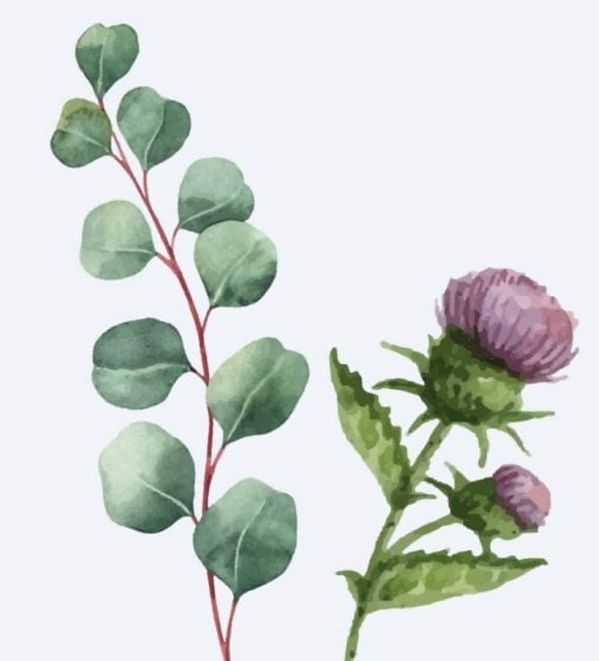top of page

Upcoming Events
23 to 24 April 2026
SSA Spring Meeting 2026
Peebles Hydro Hotel
Join us for a two-day conference filled with learning and networking opportunities!
Connect with colleagues from Scotland and beyond, with excellent speakers, and enjoy a delightful dinner and lively ceilidh to up the event.
Booking now open!

bottom of page

